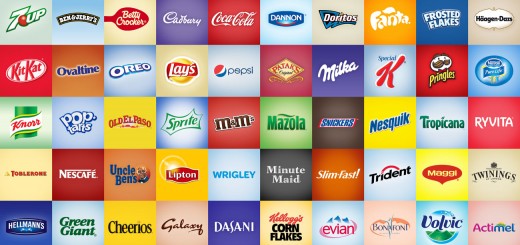Remarketing: Crossing the lines between relevance & nuisance
Are you constantly notified with an automated advertisement of a product or a service that you may have checked on earlier? This marketing strategy, termed as remarketing, may be helpful if it gives exactly what you are looking for or after a point of time may become a nuisance if you are constantly reminded of your potential purchase.
The challenge is for the marketer to decide when remarketing becomes a nuisance for the consumer. There is a very fine line between smart remarketing and disturbing the privacy of the consumer.
Remarketing helps in enhancing the appeal of a product that the consumer has already shown interest in or has previously visited the website or the mobile application and left without making a purchase. Remarketing tailors the message on the basis of the sections that were accessed by the consumer in his earlier visit.
We cannot deny that remarketing is an effective way to increase consumer traffic and bring the consumer to the source of consumption but care must be taken that it does not annoy the consumer and drive him away. The marketers must explore the avenues in ‘smart remarketing’ to leverage the opportunities in this domain.
“Re-marketing is a tricky concept as we cannot be sure of what the consumer is looking for,” said Rahul Narvekar, Founder and Chief Executive Officer at NDTV Ethnic Retail.
Also, remarketing on mobile has emerged with renewed potential following the growth in smartphone penetration in India. The remarketing message reaches the consumer when he is more likely to buy the product. So, the rate of conversion of an advertisement to a purchase is higher with effective remarketing. It guarantees focussed reach of the advertisement with minimum spillover, according to industry experts.
Remarketing has become more complex due to multi screen consumer opportunities. As the consumer moves between his desktop to the mobile device, the marketer has to ensure that the experience is seamless.
“It is essential that you decide the point where you stop sending notifications to your consumers. We establish the threshold after two-three impressions and then remove the consumer off the loop,” explained Narayan Murthy Ivaturi, Vice President of Global Sales and Strategy (ecommerce and brands) at Vserv.
At the Mobile Internet Conference jointly organised by Internet and Mobile Association of India (IAMAI) and Vserv , Vserv, the mobile marketing platform launched Vserv Smart RT to enforce ‘smart’ remarketing in the ecommerce space.
The app studies the intent and behaviour of the consumer and helps the ecommerce platform to reach out to the right consumer. It uses data points such as augmented data profile of the consumer and customised recommendation engine for the remarketer. Through the use of this platform the ecommerce player can remarket the relevant product to the consumer with higher accuracy.
The Indian market claims that it is haunted by the remarketing strategies. A report by India-based Digital Marketing Training Institute (DMTI), titled ‘India shuns Remarketing’, shows how the Indian consumers are reacting towards remarketing.
Note: There is a poll embedded within this post, please visit the site to participate in this post’s poll.
Via Digital Market Asia





